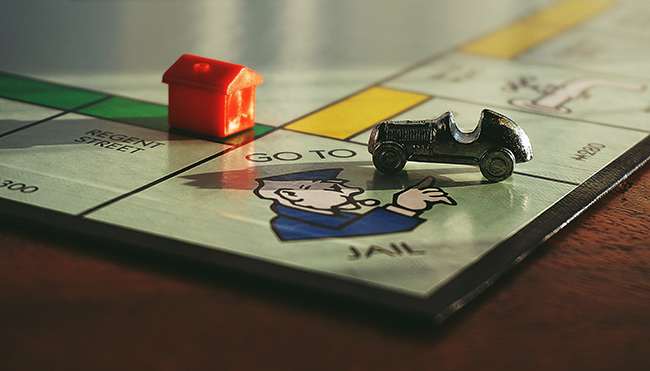Czech government supports seizure of criminal assets from matrimonial property
Property related to criminal activity could in the future also be drained from the community property of spouses (SJM). This is envisaged by an amendment to the Criminal Code, which was approved by the government today, according to the results of a meeting published on the cabinet website. According to the current regulation and case law, an item belonging to the SJM of the offender and his spouse is not considered to belong to the offender, and therefore the penalty of forfeiture of the item or the measure of seizure of the item cannot be applied to the property in the SJM.
"The current legal situation unjustifiably favours offenders who have entered into a marriage and have property in the SJM over those who have not," the Ministry said in the explanatory memorandum to the proposal. "Such a difference in status, based in principle solely on the marital status of the offender, is not reasonably justifiable," it wrote.
While for unmarried offenders, forfeiture or seizure can be directed at all of their assets if the relevant conditions are met, for offenders with assets in a jointly owned household, these assets are generally excluded from the penalty. "Thus, by consuming or otherwise using an item that is the proceeds of crime, an offender can avoid property sanctions if he or she has no other property in his or her sole possession," the office warned.
It also pointed out that the Civil Code allows the regime of SJM to be contractually regulated. Thus, the perpetrator can purposely expand the community property to include other items, thus narrowing the scope of things that the courts can drain from him by property penalties. The current state of affairs was also identified as risky by the Money Laundering and Terrorist Financing Risk Assessment Report, which was approved by the Czech government in the summer of 2021.
Currently, assets in SJM can be sanctioned with a forfeiture penalty, as the pronouncement of such a penalty extinguishes the SJM. Moreover, according to case law, property acquired by the perpetrator through a crime does not become part of SJM. However, the Ministry seeks to make it possible to clearly punish items of SJM also by forfeiture or seizure. It therefore wants to amend the relevant interpretative provision of the Criminal Code, which defines the property belonging to the offender. The Code would now also explicitly define such property as the joint property of the offender and his spouse.
The proposed change would not affect legal property that is not related to criminal activity - i.e. items that are not proceeds of crime, instrumentalities of crime or so-called substitute value.
Source: CTK









